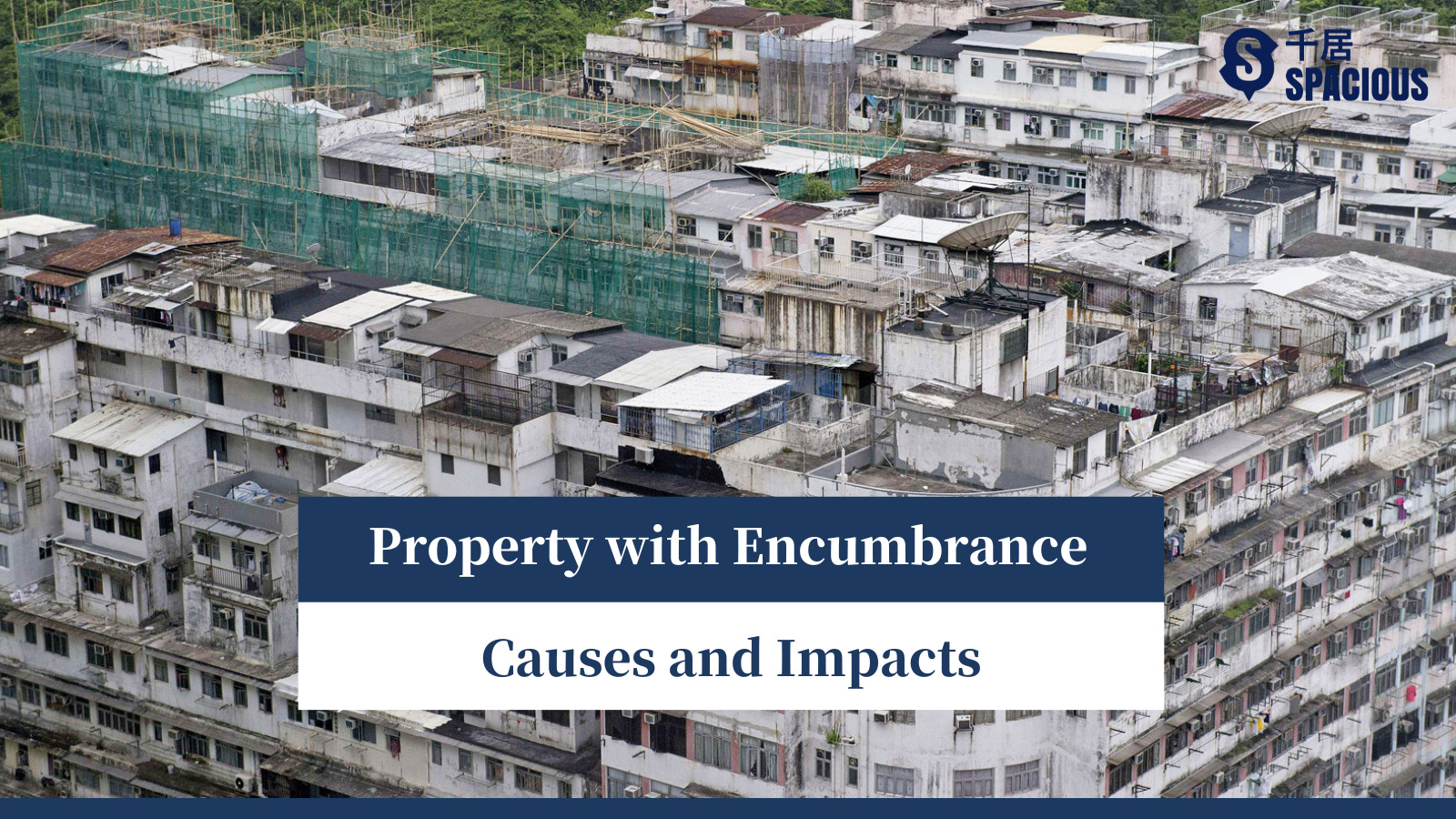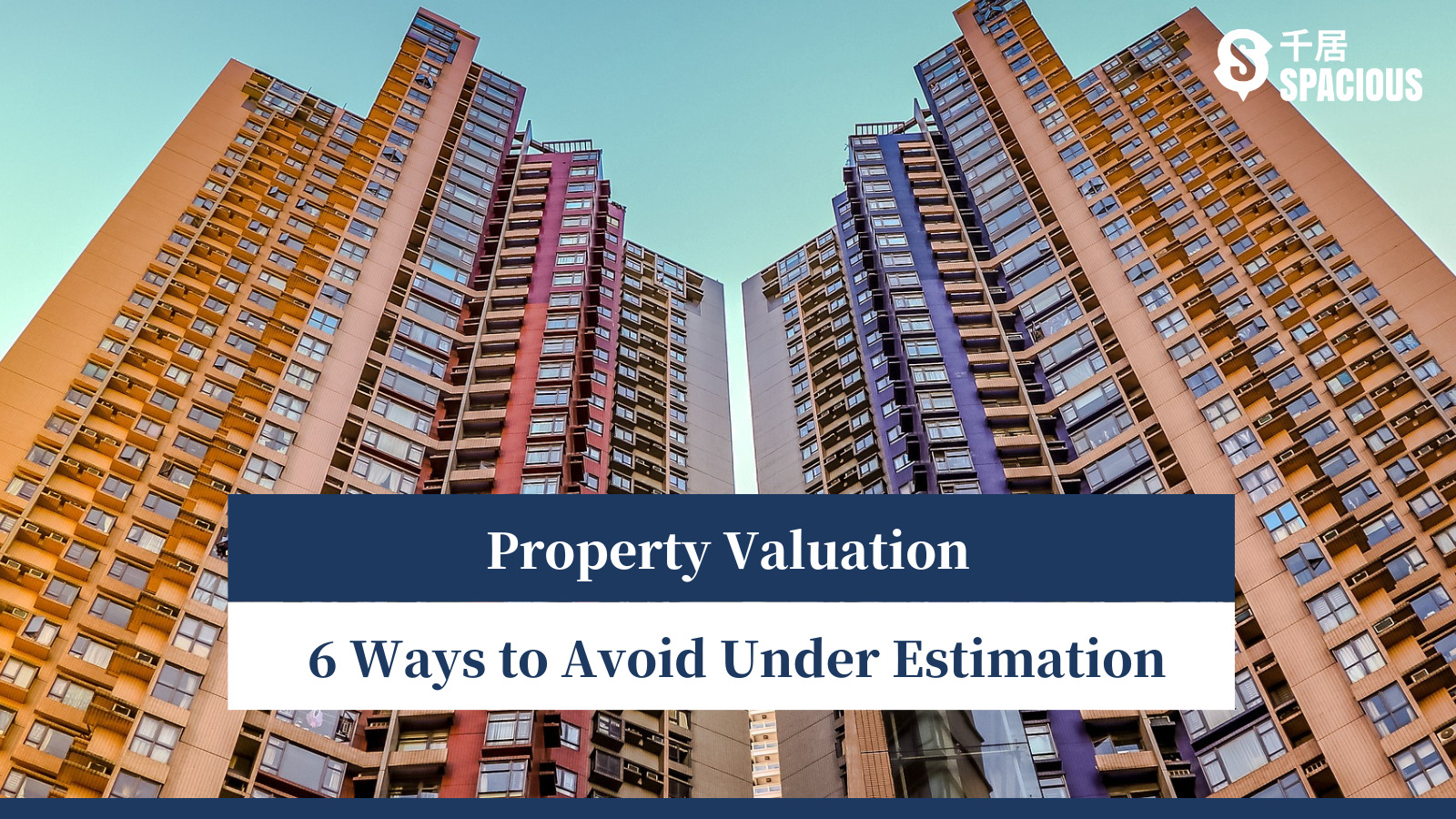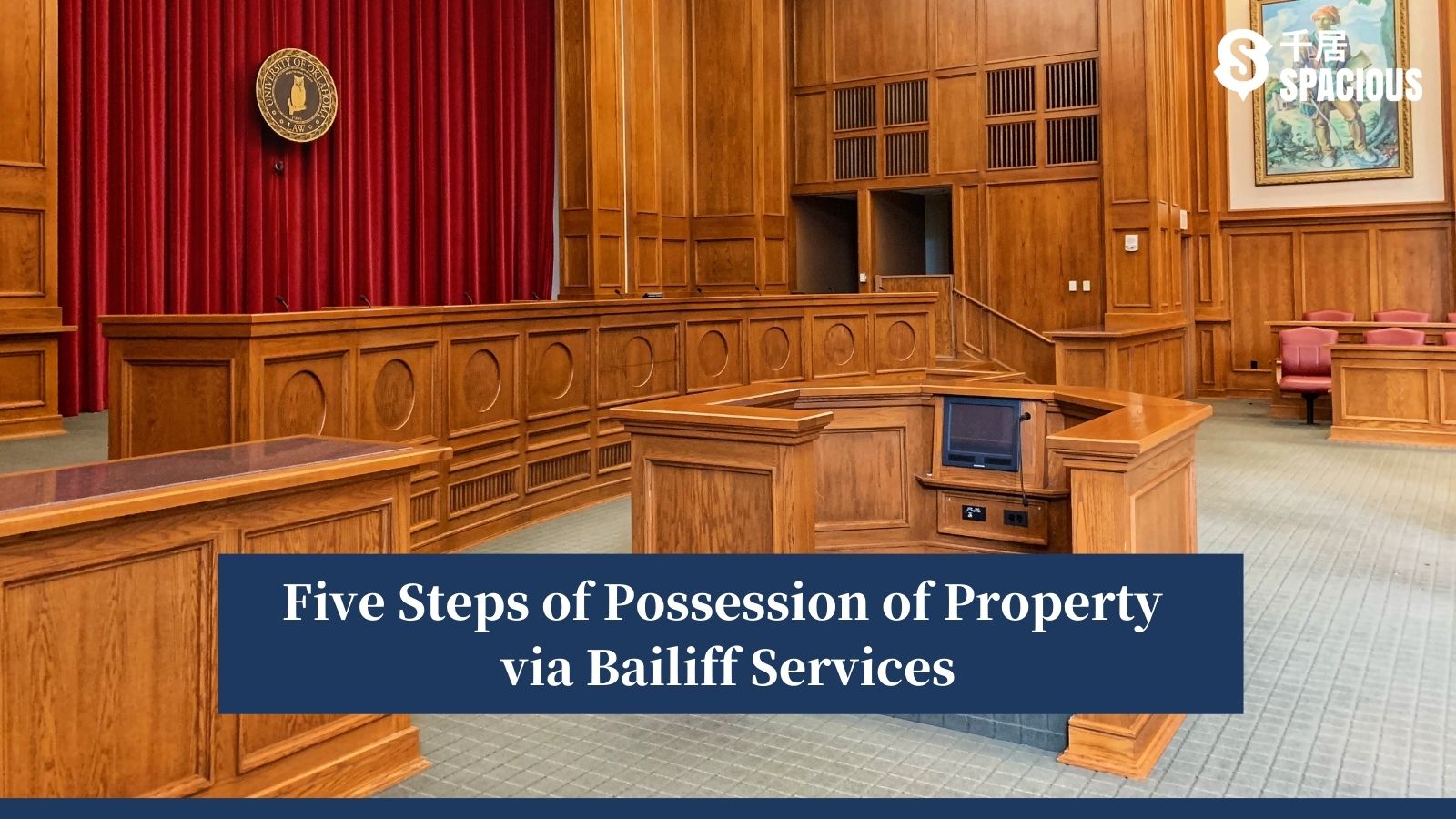
If you want to buy property at a price lower than market value, a property with encumbrance is a possible alternative to haunted houses or government-subsidized housing.
What does an encumbered property mean? Why are the owners willing to sell at a lower price? What risks are hidden? In this article, Spacious will discuss six common causes of encumbrances and provide you with precautionary measures how to keep your property free from them.
Jump to: Common Causes of Encumbrance | Impacts of Encumbrances | FAQ
Common Causes of Encumbrance
1. Owner’s Debt
If the owner is sued for debt, a court order will be recorded on the land register, preventing the owner from selling or transferring the property.
If the owner proceeds to sell the property, the debt has to be cleared before signing the formal sales and purchase agreement.
If the property is not clear of such encumbrances on the day of signing, the new buyer has the right to cancel the transaction and claim compensation for any losses caused by the owner’s breach of contract.
2. Outstanding Management Fee
If the owner fails to pay management fees (regardless of the amount owed), the Owners’ Corporation or management company can file a lawsuit to auction off the unit to recover the outstanding fees. The property will be encumbered in this case.
3. Outstanding Government Fees
If the owner owes government fees such as rates or government rent, the government has the right to register a warning letter in the land register and even repossess the property.
Generally, the proceeds from the sale of the property will be used to pay off the government fees first.
Find or sell properties on Spacious
4. Violation of Building Regulations
When the Buildings Department discovers that a property violates the Buildings Ordinance, such as having unauthorized building works, dangerous structures, or unapproved structural alterations, the department may issue a demolition order, a closure order or an order to carry out remedial works.
These orders will be shown on the property’s land register until the owner resolves the issues, such as demolishing the unauthorised building works. In fact, unauthorised building works are the most common cause of an encumbered property.
5. Violation of Deed of Mutual Covenant
If the owner repeatedly violates the Deed of Mutual Covenant, such as keeping pets without authorization, using residential property for commercial purposes, or subletting without permission, the Owner’s Corporation has the right to file a lawsuit, and the encumbrances will be recorded on the land register of the property title until the case is resolved by court.
6. Property Title Disputes
Property title disputes arising from issues such as inheritance and divorce can lead to legal proceedings, resulting in the property being encumbered. Such cases may not be resolved quickly, making it difficult for new buyers to decide when to complete the transaction.
Find or sell properties on Spacious
Impacts of Encumbrances on Purchase and Mortgage
1. Priced Below Market Value
The price of an encumbered property is generally lower than the market value, as it might incur risks to new buyers. The extent of the price reduction depends on the types of encumbrances. The more difficult the issue, the greater is the possibility of price cut.
2. Lower Mortgage Loan
For more complicated encumbrance issues, such as unclear ownership disputes, banks may not approve mortgage application. Even if the problem is resolved, some banks may lower the mortgage amount to mitigate risks.
3. Liable for Legal Responsibilities
If the property is not resolved before the sale, all problems may be transferred to new buyers, who will be held legally responsible for the encumbrances.
Therefore, before signing the agreement, the buyer’s lawyer will ensure that the property is resolved, or the agreement will state that the new owner has the right to recover all losses caused by the encumbrances.
4. Incomplete Transaction
If the original owner cannot resolve the encumbrances, the transaction may fail. Even if the new buyer has the right to sue the owner for damages (such as deposits, agency commission, lawyer fees, etc.), a lot of time and effort may already be wasted. The ruling may go through a long process, leading to an incomplete transaction.
Buying an encumbered property has many risks, and it is more suitable for experienced buyers. If you are a novice buyer, remember to hire a licensed broker to check the property before making a purchase. Go to Spacious to discover a wealth of properties listed for sale.
Find or sell properties on Spacious
FAQ
How to avoid buying an encumbered property?
First thing to do is conduct a land search of the property. If you are unsure whether a property contains any encumbrances, it is best to entrust a lawyer familiar with property transactions to handle it.
How to avoid buying a property with unauthorised works?
You should carefully compare the property’s registered floor plans with the actual layout. If you notice any discrepancies, remember to ask the agent and the owner.









